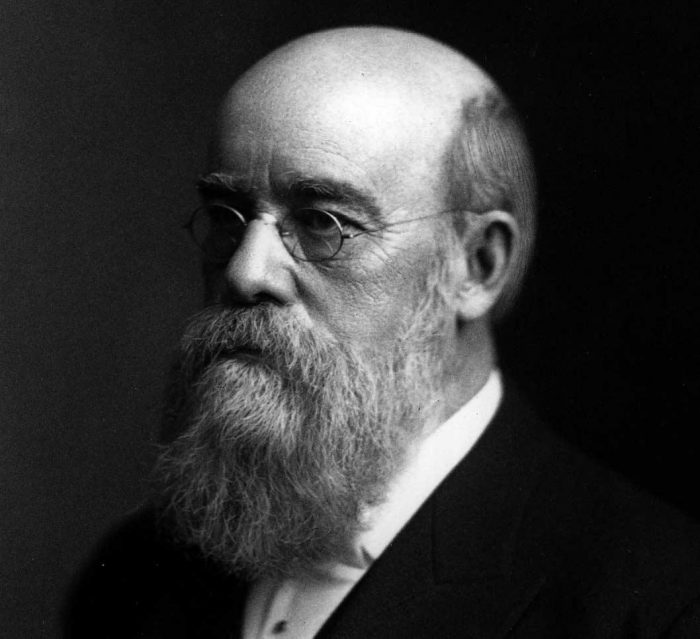Carl Trueman is not convinced that #woke Christians are cultural Marxists. That is to give them too much credit:
Christians enamored with social transformation and who bristle at any notion that the gospel is more to do with things above than things below, would do well to ask whether they’re allowing the tastes of this culture-is-always-political world to intrude inappropriately on their own theology. To deny the pre-political, to focus on institutions, to condemn anyone whose church isn’t constantly addressing the latest fad of the 24-hour news cycle as somehow sinning—that is to mimic the world’s values, the world’s practices, and the world’s cheap outrage. In fact, calling that kind of behavior cultural Marxism is to flatter it far too highly, implying a sophistication that half-baked cheap shots simply do not possess.
I’m not so sure that some of the current “social” ministry among social justice Christians is distinct from cultural Marxism. After all, Trueman’s essay concedes that Marx has won:
We live in Marx’s world—a world where the cultural imagination is gripped by the idea that everything is political. Silence in today’s climate on any issue by anybody in any institution is unacceptable, for to take no political stand on anything in our world is in fact to take a political stand—a stand for the status quo.
Heck, cultural Marxism may be simply the air we breath, even another lever in the systemic powers that oppress, a force on the order of climate change. Who can withstand that great intellectual tsunami?
But if we must abandon the charge of cultural Marxism, that’s fine. Another is just as handy and even more accurate. It is the Social Gospel. Washington Gladden was the granddaddy of social ministry and he wrote many books and essays about the Social Gospel.
Does this sound familiar?
Every department of human life – the families, the schools, amusements, art, business, politics, industry, national politics, international relations – will be governed by the Christian law and controlled by Christian influences. When we are bidden to seek first the kingdom of God, we are bidden to set our hearts on this great commission; to keep this always before us as the object of our endeavors; to be satisfied with nothing less than this. The complete Christianization of all life is what we pray and work for, when we work and pray for the coming of the kingdom of heaven. (Applied Christianity 1894)
If only Gladden had used the adverb, gospelly.


This post put a huge smile on my face–I am loving this blog more and more. I just read Dr. Hart’s contribution to Engaging with Keller, “Looking for Commumion with Keller in All the Wrong Places” on Tim Keller’s priority for social justice over preaching the Gospel and conforming to Presbyterian oversight. Unfortunately, the first OPC pretend-pastor to whom I was exposed idolized Tim Keller, and it showed in his so-called ministry. I have been better served by reading Martyn Lloyd-Jones, who was clear that it is not the purpose of the minister to dabble in politics and to remake society. I converted from Roman Catholicism to the Reformed faith only to find myself back in the same confused Roman Catholic self-serving social do-goodism.
LikeLike
The angel told Joseph:
———————————————-
…“Joseph, son of David, do not be afraid to take Mary as your wife; for the Child who has been conceived in her is of the Holy Spirit. She will bear a Son; and you shall call His name Jesus, for He will save His people from their sins.”
———————————————-
“save His people from their sins”
Not,,, “make Adam’s world a better place”
That’s not the same as saying that when enough of His people are actually saved from their sins at the same time in the same place, that that slice of Adam’s world won’t be a better place. At least for a season.
LikeLike
Christa, thank you for your insightful comment!
LikeLike
It seems as though the Christian “not one square inch” liberals of the late 19th and early 20th century shifted their colors from the Church to the State because it was a better place to achieve Utopia. Wilson was the liberal president of Princeton at a time when the last conservatives were dying off in the seminary. He was a huge sucker for Utopian ideologies and loved “nation-building.” The Left loves him. The nation-state really became a solution to many Westerners during this period rather than the church. You see this today with the Reformed/Evangelical SJW movement. They want the State to be reformed even further to eliminate all racial and sexual inequality, even the very categories.
Ironically, as Martin Van Creveld wrote in the ’90s, the nation-state system brought to its apotheosis with a religious fervor by liberal Westerners is on its way out.
LikeLike
Christa, thanks.
LikeLike